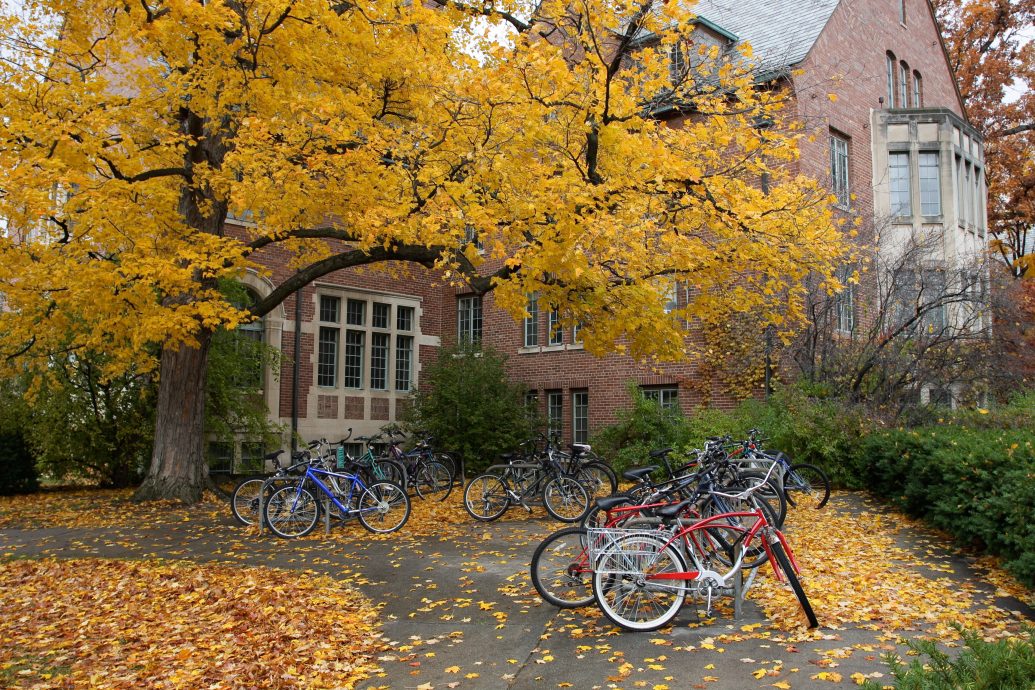Three scholars of public debt discuss where the United States is headed in light of our mounting debt crisis.
Graduate Student Unions Undermine the Ideal of a University
It is hard to suppress schadenfreude about the recent ruling of the National Labor Relations Board giving graduate students the right to organize labor unions. Elite universities are united in their opposition, but these same institutions are dominated by left-liberals who want to expand the reach of unions in businesses. Most of their professors approve of increased regulation on everyone but themselves. The NLRB is giving them a taste of their own medicine.
Universities are in fact a much more hierarchical world than most businesses with a vast gulf in compensation, prestige, and autonomy between tenured professors and everyone else. If critical university theorists were as much in vogue as critical race theorists and radical feminists, we would be treated to endless papers on the oppression of university hierarchies. But for some reason universities don’t produce such advanced thinkers.
Nevertheless, given the baleful effects of this ruling, we should contain our glee. First, the university is not the factory floor, and graduate students are essentially students, not employees. Teachers are mentors of students, not their bosses. Unions will tend to turn congenial relations between independent scholars into an adversarial ones between different groups. They will create an atmosphere focused on the petty disputes of the moment rather than the transmission of truths and sensibilities from one generation to the next.
Second, unionization is in tension with many of the other laws that regulate modern educational institutions. Unionization, for instance, tends to require disclosure, where academia values confidentiality, a value now encoded in many laws relating to education.
Third, this ruling will accelerate one of the worst aspects of the modern university—the empowerment of bureaucrats. Labor relations specialists, not department chairs, will have a larger role in shaping the schedule, staffing and structure of courses. Professors may remain autonomous in their research, but unionization will be another step in making them bystanders in the way their universities are operated. With the addition of each new regulation and each new administrator, universities become ever more places run for the benefit of competing stakeholders rather than for accumulation and dissemination of knowledge.
And finally, unionization will make universities more expensive and less flexible. As a result, undergraduates will take on more debt and yet have more difficulty designing a course of study that will meet their needs. Our universities must become more efficient and innovative to help society navigate the shoals of accelerating technological change. Unionization, here as elsewhere, makes for more rigid and hidebound institutions.



